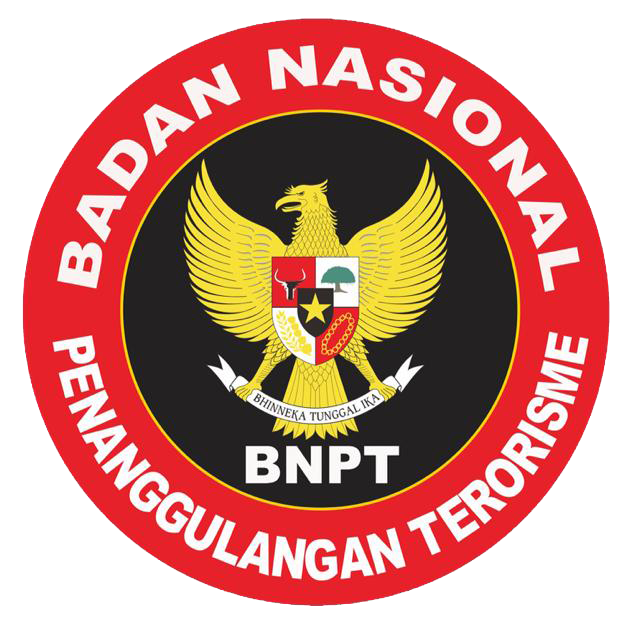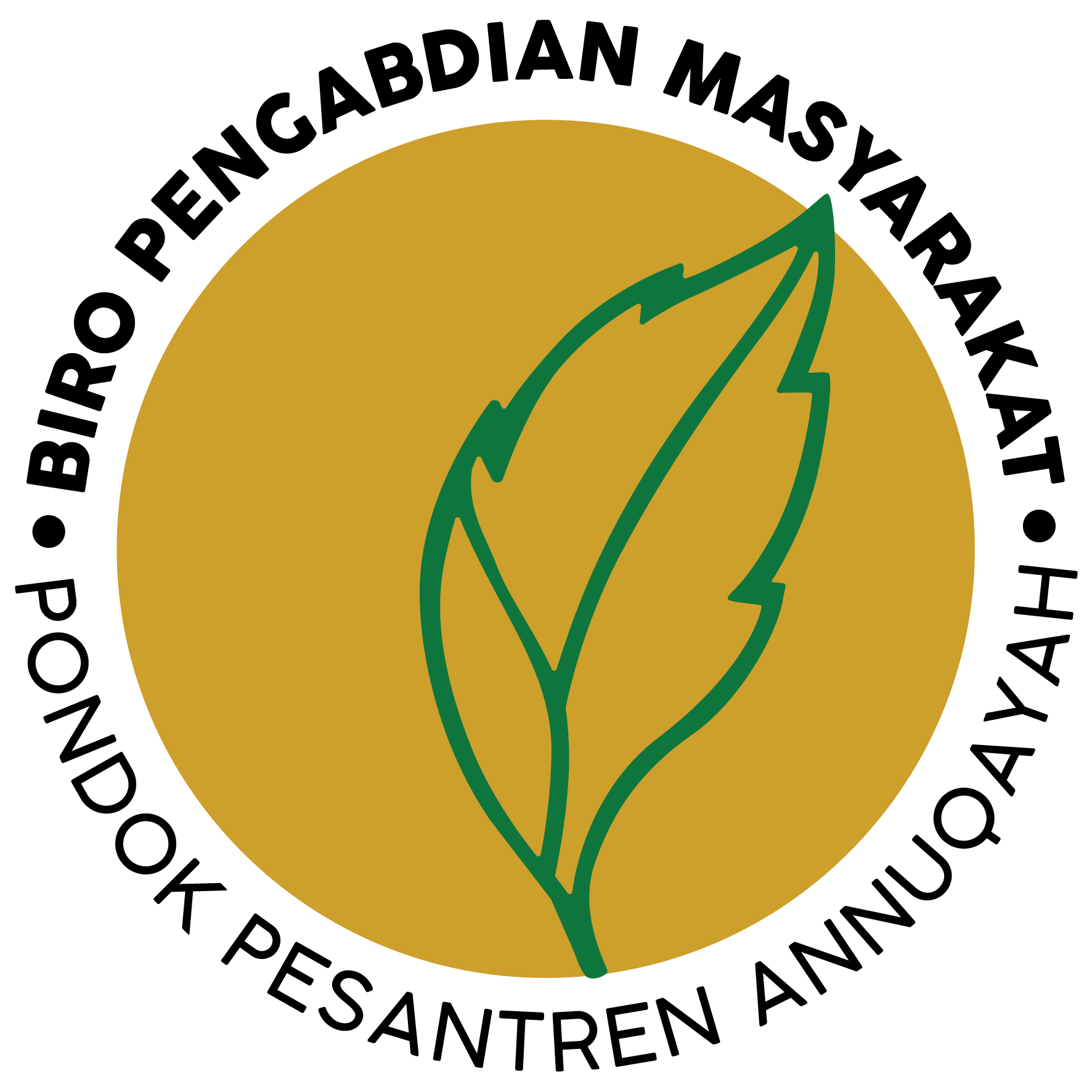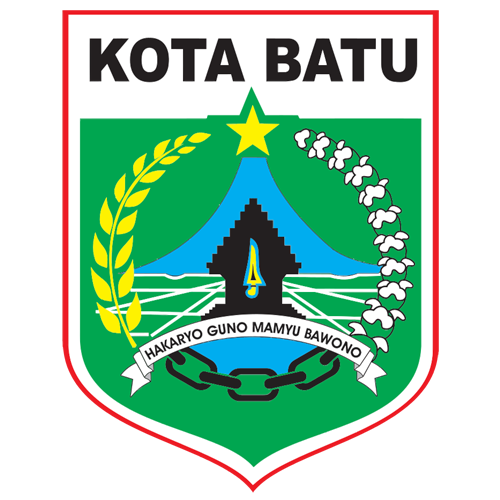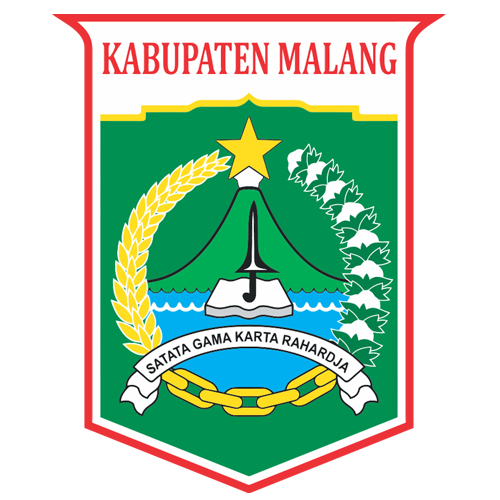Strengthening the Role of Women in Prevention of Extremism, Wahid Foundation Holds Training on Prevention of Violent Extremism and Legal Literacy for the Peace Village/Kelurahan Working Groups in Central Java
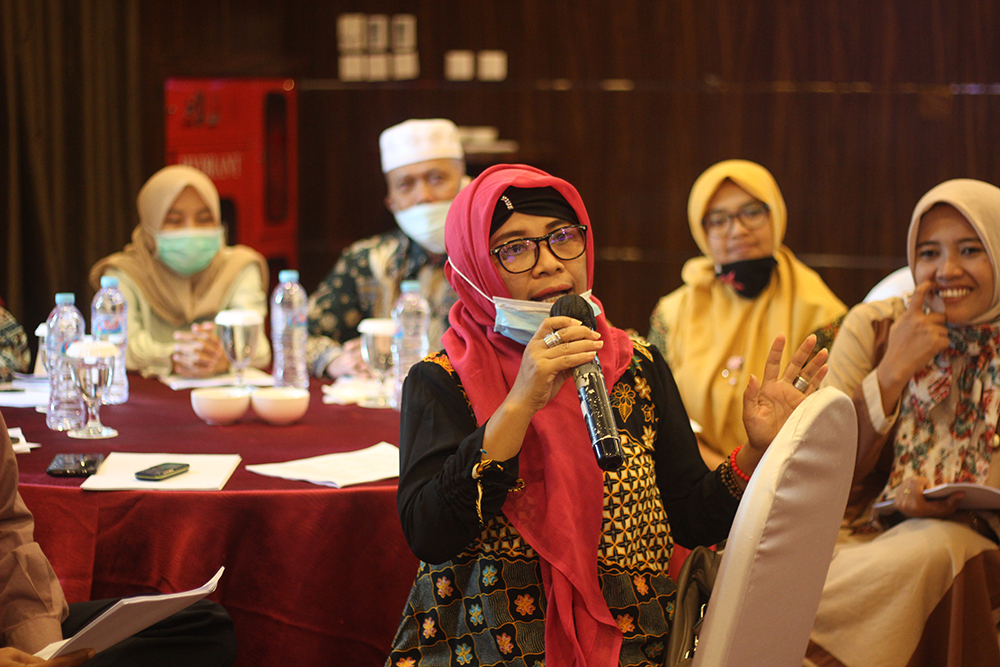
Solo- Since 2017, the Wahid Foundation has been collaborating with UN Women to develop the Women’s Participation for Inclusive Society (WISE) program, which aims to encourage women's participation at the local level in efforts to promote peace within the Peace Village/Kelurahan program in three regions, namely West Java, East Java and Central Java. This program was initiated to prevent and reduce all intolerant and extreme acts against pluralism and differences in ideology, religion and belief by involving women's groups. The women’s participation in the program intends to make women the driving actors in their respective communities by promoting policies at the local level that support the prevention of conflict, intolerance and violent extremism using the human security and gender equality approaches.
In its fourth year of implementation, this program has resulted in 16 declared Peace Villages. In Central Java, there are five declared Peace Villages, namely Nglinggi, Gamblegan, Tipes, Jetis, and Telukan. Each Peace Village/Kelurahan has formed a working group (Pokja) that accommodates all community elements, such as the village youth, village government officers and apparatuses, religious and community leaders, and women's groups. Currently, the Pokjas and village/kelurahan governments in Central Java are developing their respective Peace and Equality Village Action Plans. This action plan is a result of the Village/Kelurahan policy, which aims to build protection and empowerment mechanisms for women as part of the promotion of peace and gender justice as well as prevention of violent extremism. This effort must be strengthened by formal and informal justice mechanisms. Therefore, at the local level, the Pokjas are also encouraged to use legal and non-litigation approaches in dealing with issues of discrimination, violence, including violence against women and children.
Each Peace Village working group needs to be equipped with knowledge and skills of the law and women's human rights to strengthen their formal and informal perspectives in handling cases of violent extremism and gender-based violence. For this reason, the Wahid Foundation held a three-day training session on the prevention of violent extremism and legal literacy for the Peace Village/Kelurahan working groups in Central Java titled "Strengthening the capacity of the Working Groups on Prevention of Intolerance and Violent Extremism, Women's Rights, and Community-Based Protection Mechanisms" on March 12-15, 2021 at the Harris & Convention Slamet Riyadi Hotel in Surakarta.
At the opening of the training which took place on Friday, (03/12), Mujtaba Hamdi, Executive Director of the Wahid Foundation, said that this training coincided with the celebration of the International Women's Day. The celebration, which took place in March 2021, took the theme “Choose to Challenge”, which means "choose to challenge yourself". He stated that this theme is a call for women in this era to challenge themselves to deal with the current world’s issues, such as poverty, unequal education, global economy, unemployment, and gender-based violence. For him, a resilient generation who can answer these challenges will not be born without the role of a smart, creative and equal family and supporting environment. "A supportive peaceful and equal environment also supports the quality of embryos of our children in becoming future leaders," he said.
He also expressed the same feelings and hopes of many families that all families have the same duty to prevent radicalism and protect women, children, families, and friends from violence and conflict. For him, everything will not be possible without strengthening the families’ capacity.
"For this reason, through the Peace Village program, the Wahid Foundation organized a training session for the Peace Village/Kelurahan working groups, governments and apparatuses to strengthen their capacity on violent extremism and legal literacy," he revealed the reason for the training.
Meanwhile, the first speaker, Andhika Chrisnayudhanto, Deputy for International Cooperation of the National Counterterrorism and Terrorism Agency, stated the importance of this training being held. He stated that the training on the Prevention of Violent Extremism and Legal Literacy for the Peace Village/Kelurahan Working Groups was an important part in accordance with the three pillars of the National Action Plan for the Prevention of Violent Extremism that Leads to Terrorism, which was ratified by the Presidential Decree No.7 of 2021 last January. The first pillar is the prevention consisting of preparedness, countering radicalization and deradicalization. The second pillar is law enforcement, protection of witnesses and victims, and strengthening of the national legislative framework. The last pillar is the international partnership and cooperation.
According to Andhika, this training is in accordance with the strategic focus of the pillar of prevention as part of counter-radicalization, one of which is strengthening the resilience and capacity of vulnerable groups, such as women and children. In addition, this training is also in accordance with the strategic focus of the same pillar, consisting of increasing awareness and strengthening the capacity of stakeholders as well as preventing radicalism and radical criminal acts among children.
In this training, the participants were familiarized with the role of the local government in protecting women through the regional policy program by the Head of Central Java Women’s Empowerment, Child Protection and Population Agency. In addition, this training was also attended by expert speakers, such as women Islamic scholars, academics and legal practitioners.
Narahubung: Ahmad Saeroji (+6281299211930)






